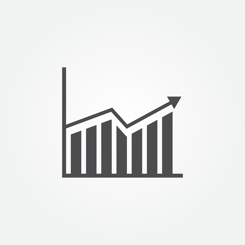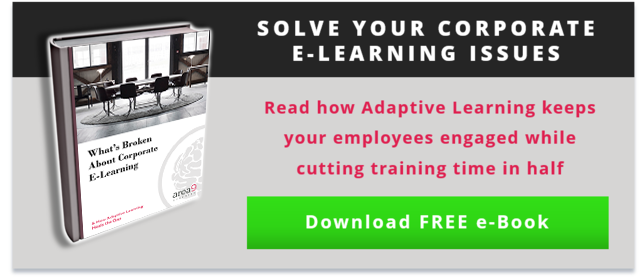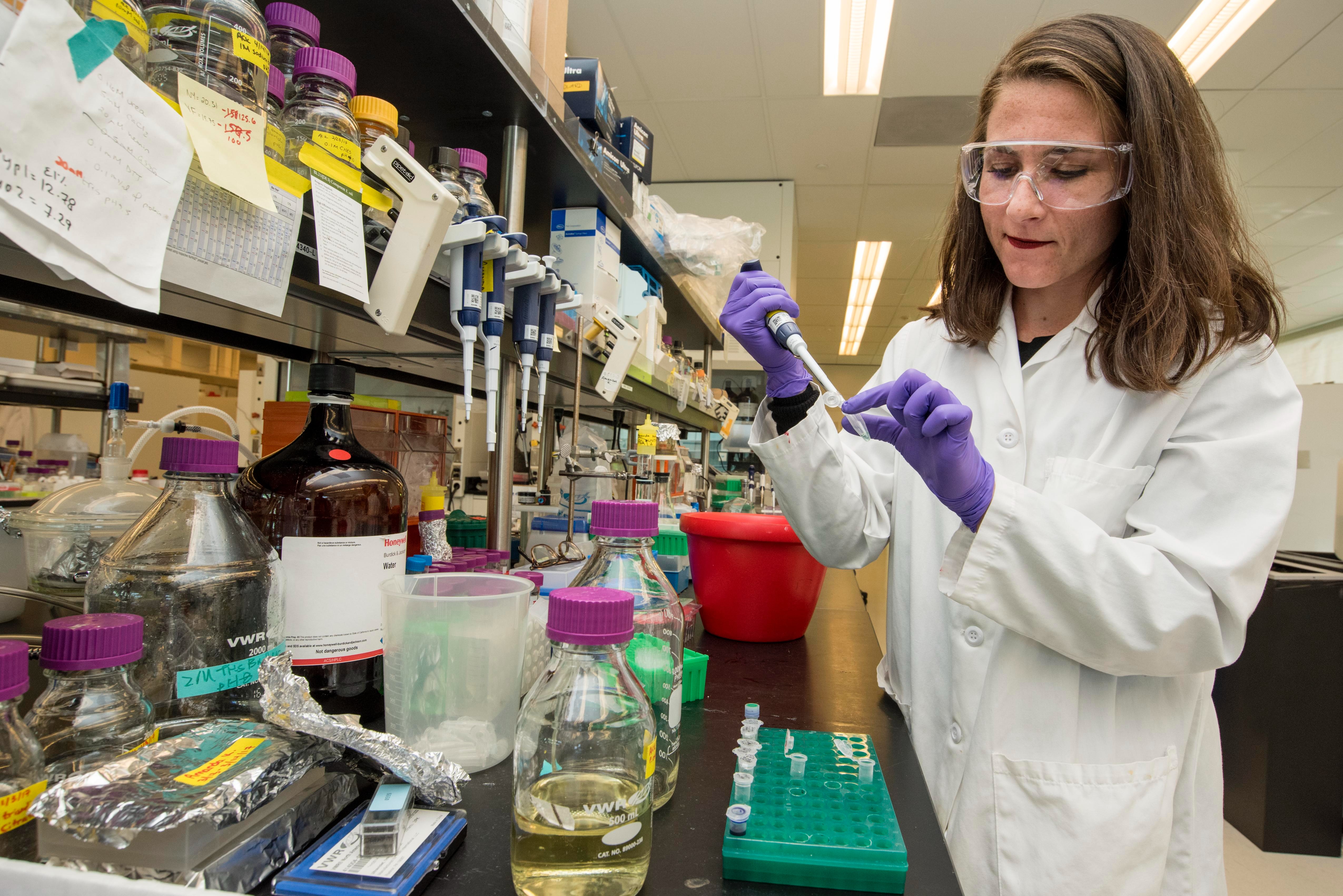One of the most frequently asked questions about Adaptive Learning software is: how do you know it helps people learn? Short answer: research and empirical evidence.
- Research, such as this, repeatedly shows that computerized “intelligent tutoring systems” like Area9’s Adaptive Learning software outperform classroom instruction and traditional e-learning.
- Data from millions of university students shows Adaptive Learning drives grade point improvements across the board and reduces the number of dropped courses. As well, it makes these students feel that the learning is worth doing.
- Our own data from corporate clients across many industries - from doctors, to sales people, to technicians - shows reductions in time to proficiency, higher engagement, and greater mastery.
The granular data that the adaptive engine collects enables you to see first hand these benefits for your learners.
3 Ways Adaptive Learning Software Tracks Learner Development & Has Data to Back It Up
Questions - or probes - are a crucial part of what makes Adaptive Learning so unique. Instead of teaching by presenting learning content to a learner (whether they need it or not), Adaptive Learning asks probes. Good probes - those that are difficult to guess, well-worded, and straightforward - link directly to your company’s learning objectives.
As adaptive learners interact with the probes (i.e. answer the questions, demonstrate their proficiency), their responses drive the Adaptive Learning engine, helping it understand the learner better. All of these responses are captured for further analysis and reporting.
The data can be used to measure the success of Adaptive Learning’s effect across three core company groups:
- The Learner: You can review each individual learner’s progress toward mastery of the learning content, where they struggled, where they found it easy, and their meta-cognitive state (whether they knew what they thought they knew).
- The Team: Team Managers receive a summary of their team’s learning, enabling team member comparison and overall assessment of team capabilities, knowledge, strengths, and weaknesses.
- The Company: CLOs and other executives can view the company’s performance as a whole and assess ability to execute company strategy.
5 Reports Adaptive Learning Software Tracks
There are a variety of different reports available to help determine themes in your learning delivery methods, and to improve learning. A solid Adaptive Learning software should give you the following five reports as a minimum:
- Scores: find out time spent on, progress with, and mastery of content - at the topic, module and course level.
- Missed Questions: see which questions were answered incorrectly by an individual learner, team, or the company as a whole.
- Most Challenging Learning Objectives: determine the most challenging learning content and improve learning by isolating these areas.
- Unconscious Incompetence: understand where learners, teams, and companies have misconceptions (i.e. have unknown knowledge gaps) and why, before advancing to the next stage of learning.
- Tree of Knowledge: track learner progress from beginner (a seedling) to master (a fully grown tree) to help recognize how far they must go to reach proficiency and how far they’ve come.
Discover How Adaptive Learning Can Improve Your Corporate Training Tools
Find out all the other ways Adaptive Learning software helps people learn when you download this free ebook, What’s Broken About Corporate E-Learning (& How Adaptive Learning Heals The Gap). Included inside: information on how Adaptive Learning personalizes learning, cuts down on training time, and ensures long-term retention.









